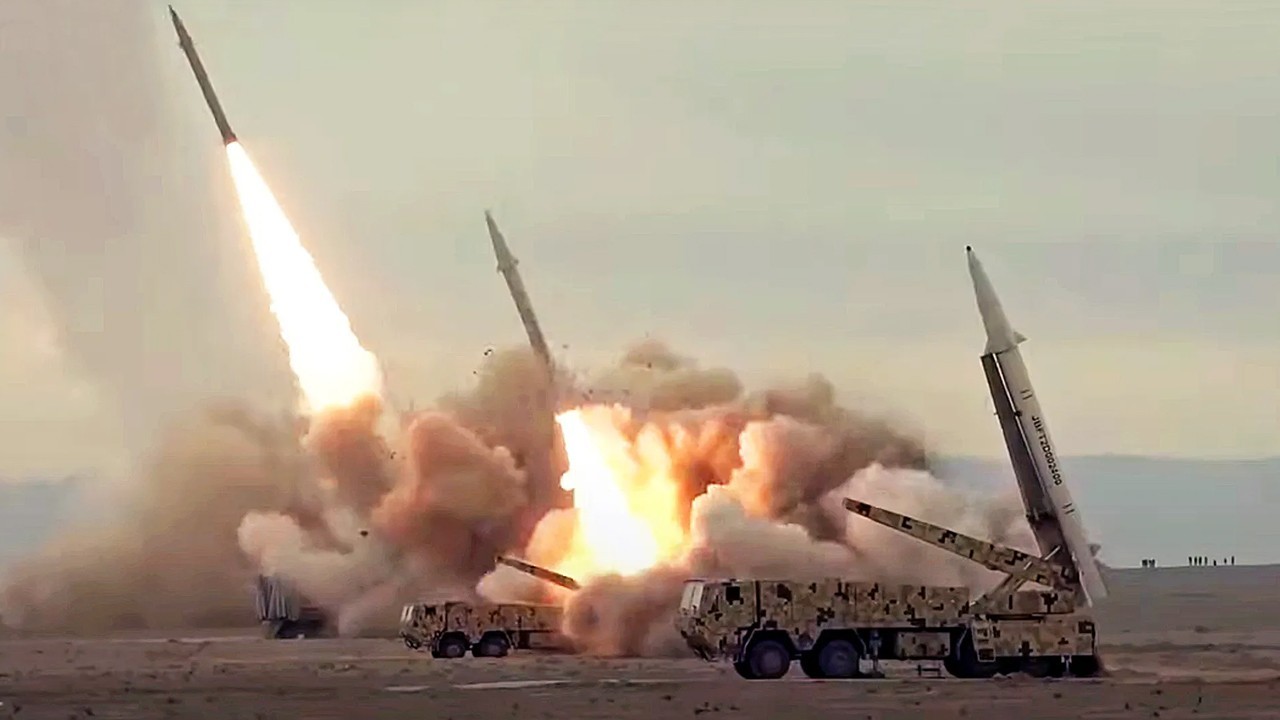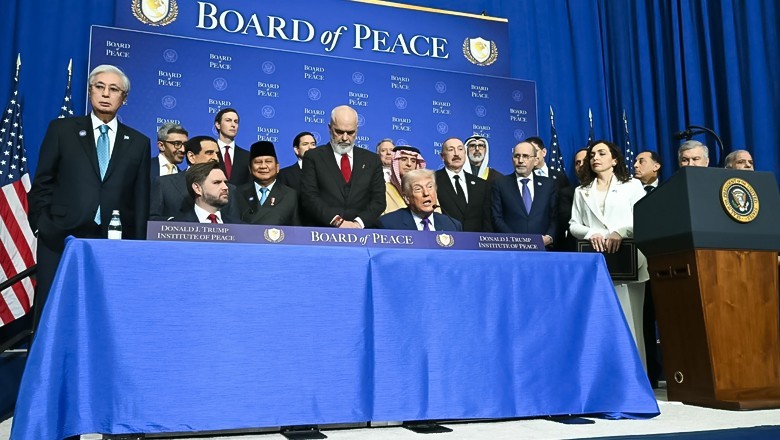Is Iran running out of missiles? Here's what US think tank says

Web Desk
|
17 Jun 2025
Iran’s ability to sustain missile attacks on Israel has weakened, as Israeli airstrikes continue to target and damage key elements of its missile infrastructure.
According to Washington-based Institute for the Study of War (ISW), the frequency and intensity of Iranian missile launches have declined since Israel began its air campaign on June 12.
It noted that Iran’s initial missile barrages averaged 33 projectiles per wave. That number has since dropped to about 20.
“Iran has fired significantly fewer missiles at Israel than originally planned, as the Israeli Air Force has damaged or destroyed nearly one-third of the launchers and missile sites Iran intended to use,” ISW stated.
"Iran has also used between a third and a half of its missiles that can reach Israel."
Prior to the conflict, US and Israeli intelligence estimated that Iran possessed around 2,000 missiles, though only 750 to 1,000 were believed capable of reaching Israeli territory. Of those, Iran has reportedly used about 370. If these figures are accurate, Iran may face serious constraints in sustaining its missile campaign over time.
Meanwhile, Israel’s advanced air defense systems have intercepted the majority of incoming threats. Though Iranian missiles have caused damage and casualties, the effectiveness of Israel’s defensive response has further limited the scale of Tehran’s retaliation.
Defense analysts have pointed out that Iran’s military options are becoming increasingly narrow, and Israel’s strikes have severely degraded its overall capabilities. In light of this, Tehran may begin exploring alternatives to direct missile warfare.
On Saturday, an Iranian member of parliament revealed that authorities are seriously considering closing the Strait of Hormuz—a vital global energy chokepoint. Approximately 21% of the world’s petroleum liquids—around 21 million barrels per day—pass through the strait.
If Iran moves forward with such a blockade, the repercussions of the conflict could extend far beyond the region, severely impacting global energy markets and heightening the risk of a broader international crisis.












Comments
0 comment